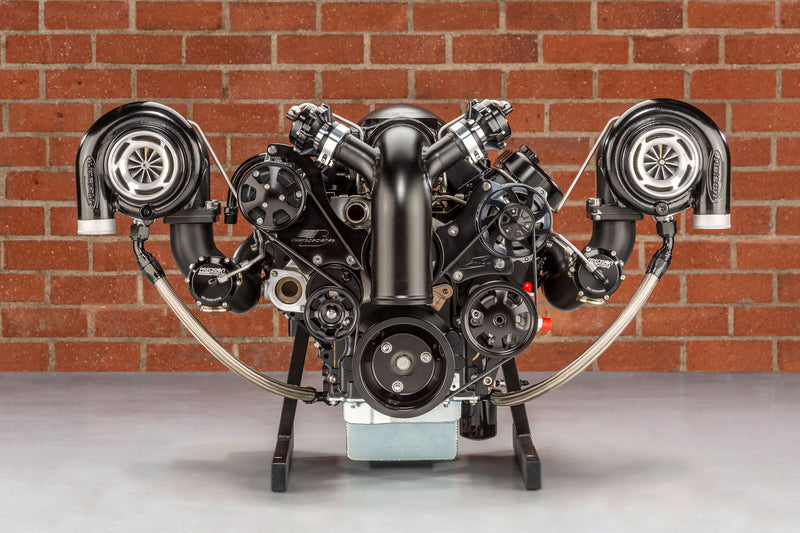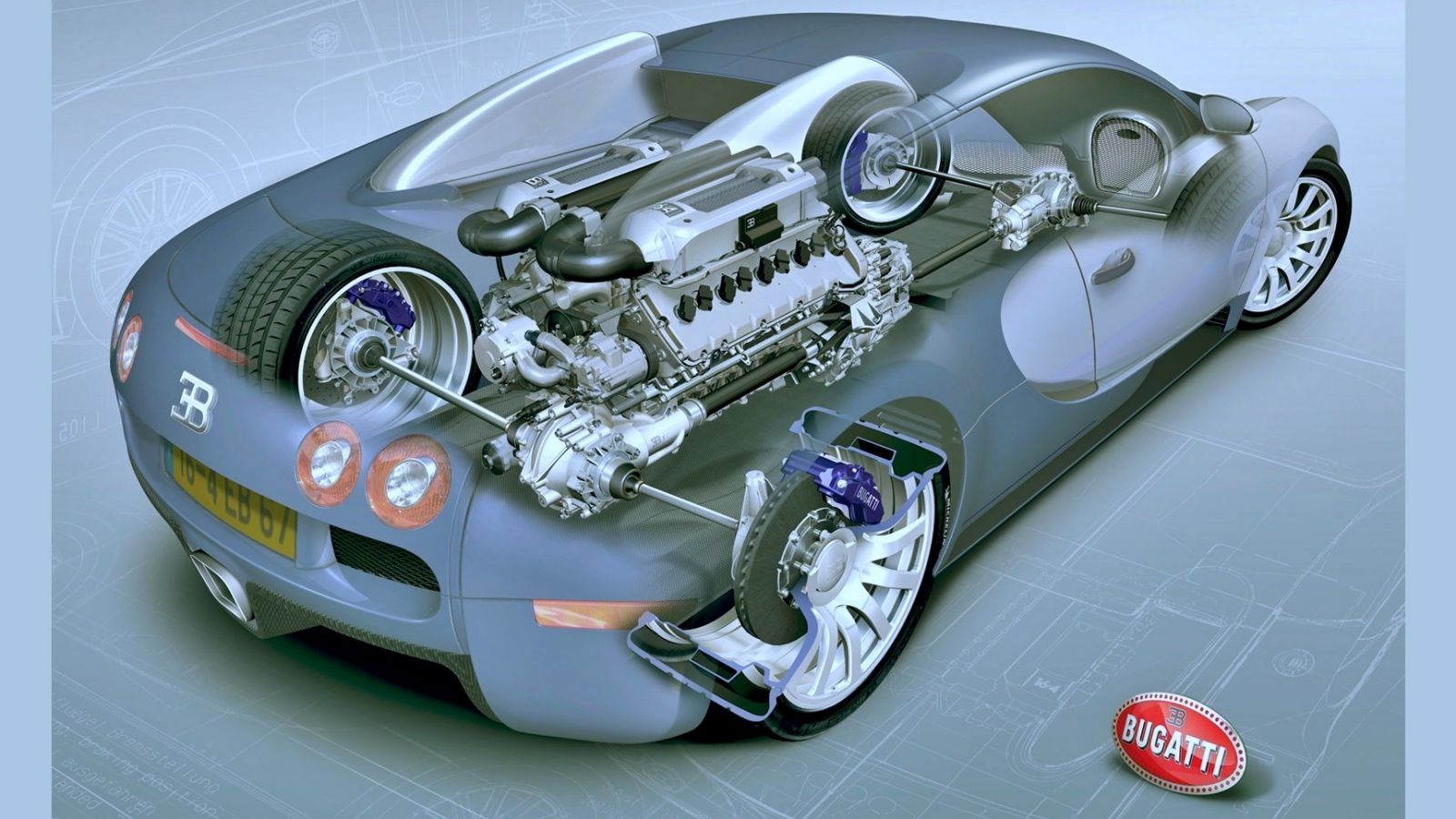Discover Top-Quality Engines for Africa at Our Dependable Car Parts Shop
Discover Top-Quality Engines for Africa at Our Dependable Car Parts Shop
Blog Article
The Effect of Cutting-edge Engine Technologies on Energy Effectiveness and Environmental Sustainability
In the world of transportation and industrial equipment, the continuous pursuit for improved energy effectiveness and minimized environmental influence has actually led to significant improvements in engine modern technologies. From the steady change in the direction of electric and hybrid systems to the assimilation of turbocharging for enhanced efficiency, the landscape of engines is evolving quickly.
Development of Engine Technologies
The progression of engine modern technologies over the decades has actually been marked by regular development and refinement in quest of improved efficiency and performance. From the very early days of interior combustion engines to the cutting-edge hybrid and electric powertrains of today, the evolution of engine innovations has been driven by an unrelenting pursuit for enhanced gas performance and reduced discharges.
One substantial turning point in this development was the growth of turbocharging and straight injection systems, which dramatically boosted engine power outcome while boosting fuel efficiency. These innovations permitted for smaller, a lot more lightweight engines that could deliver the performance of larger ones without endangering on effectiveness.
Additionally, developments in materials science have resulted in the extensive adoption of light-weight products such as light weight aluminum and carbon fiber in engine building. This has not only lowered general lorry weight but has actually also enhanced engine performance by lessening energy losses connected with inertia and friction.
Advantages of Electric and Crossbreed Equipments
With the growing emphasis on sustainability and energy efficiency, what advantages do electrical and hybrid systems offer in the realm of engine modern technologies? Electric and hybrid systems existing numerous benefits that add to a more energy-efficient and sustainable future. Among the main advantages is the considerable reduction in greenhouse gas emissions compared to standard inner combustion engines. Electric automobiles generate no tailpipe exhausts, leading to enhanced air high quality and minimized ecological effect. In addition, electrical and hybrid systems are a lot more energy-efficient, converting a greater percentage of kept power into propulsion compared to traditional engines. This performance leads to reduced power intake and operating expense over the lorry's life time. Moreover, electrical automobiles supply regenerative stopping systems that capture and store power typically shed throughout stopping, further enhancing power performance. Crossbreed systems incorporate the benefits of electric propulsion with the adaptability of a combustion engine, giving prolonged driving ranges and reducing array stress and anxiety for customers transitioning to electrical automobiles. Generally, electrical and hybrid systems play an essential role beforehand power efficiency and environmental sustainability in the transport sector.
Turbocharging for Improved Efficiency
Cutting-edge engine innovations like hybrid and electrical systems have led the way for advancements in automobile performance, with turbocharging emerging as a key technique for boosting overall efficiency and sustainability. Turbocharging jobs by utilizing a wind turbine to require more air into the burning chamber, permitting far better fuel combustion and boosted power output without a considerable boost in engine size. This process, understood as forced induction, makes it possible for smaller sized, more fuel-efficient engines to create power degrees equivalent to larger ones. By maximizing the performance of the burning process, turbocharged engines can accomplish better fuel economic climate and reduced discharges, adding to environmental sustainability. Furthermore, turbocharging enhances engine responsiveness, supplying vehicle drivers with a more vibrant driving experience. The extensive adoption of turbocharged engines in both gasoline and diesel cars shows their performance in balancing efficiency, efficiency, and ecological effect. right here As auto suppliers continue to refine turbocharging technology, its role in advertising energy effectiveness and sustainability in the transportation industry is expected to grow better.
Utilizing Alternate Fuels
Harnessing alternative fuels provides an encouraging avenue for decreasing carbon emissions and expanding the power sources made use of in transport. As the globe aims to deal with climate adjustment and lower reliance on fossil fuels, different gas have actually gotten substantial attention for their possible ecological and economic benefits.
Biofuels, such as ethanol and biodiesel, are originated from sustainable resources like algae, corn, and sugarcane, offering a cleaner burning alternative to standard gas and diesel. These gas can be combined with existing oil gas or used in devoted engines, supplying a path to lower greenhouse gas discharges and boost air high quality.
In addition, hydrogen fuel cells have actually arised as an appealing innovation for zero-emission transportation. engines for africa. By transforming hydrogen gas into electrical power to power electric motors, gas cell lorries generate only water vapor as a result, getting rid of harmful tailpipe discharges totally
In enhancement to minimizing carbon emissions, different fuels can likewise boost power safety and security by branching out the gas mix and lowering dependence on imported oil. Welcoming different fuels in transportation is see it here an important step towards attaining an extra environmentally pleasant and lasting future.

Environmental Benefits and Future Leads
Alternate gas, such as biofuels, hydrogen, and electricity, offer substantial environmental benefits contrasted to traditional fossil fuels. In addition, alternative fuels can aid branch out power sources, improving energy security and reducing dependence on limited resources.
Innovations in innovation proceed to enhance the performance and affordability of different gas vehicles, making them a lot more accessible to consumers. By embracing alternate gas and ingenious modern technologies, the course towards a much more sustainable future comes to be progressively achievable.

Verdict
In verdict, innovative engine technologies have played a vital duty in boosting power performance and advertising ecological sustainability. The advancement of engine modern technologies, fostering of hybrid and electrical systems, utilization of turbocharging, and expedition of different gas have all added to increasing and reducing emissions performance.
In the world of transport and commercial machinery, the continuous pursuit for enhanced power performance and reduced environmental effect has led to considerable innovations in engine modern technologies. Turbocharging jobs by utilizing a turbine to force even more air right into the combustion chamber, allowing for far better gas combustion and raised power result without a substantial rise resource in engine dimension. By taking full advantage of the efficiency of the combustion process, turbocharged engines can achieve better fuel economic situation and lowered discharges, contributing to ecological sustainability. Different gas, such as biofuels, hydrogen, and power, deal significant ecological benefits contrasted to conventional fossil gas. The development of engine technologies, adoption of hybrid and electric systems, utilization of turbocharging, and expedition of alternative fuels have all added to minimizing emissions and boosting effectiveness.
Report this page